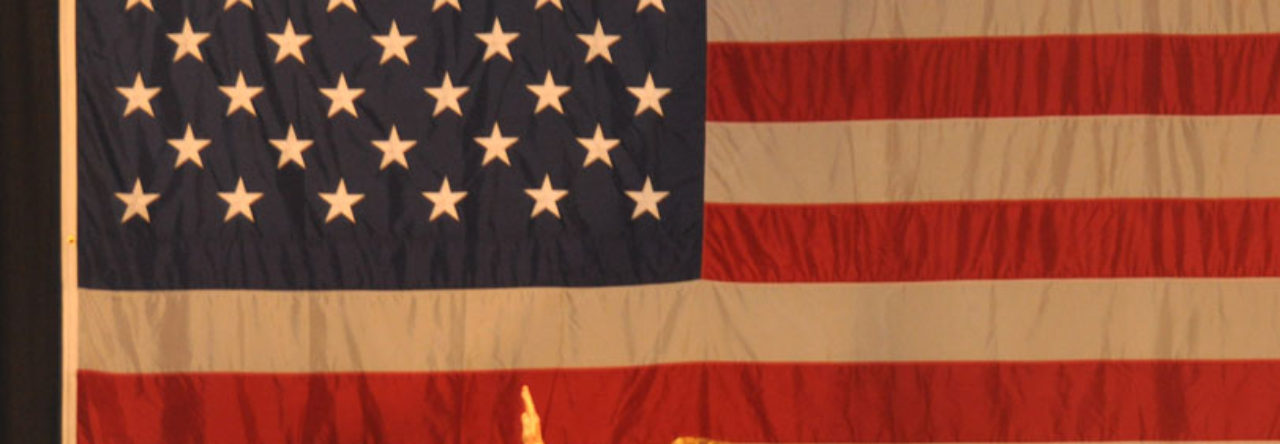This Australian project was written by Leah Purcell, based on her 2019 book and stage play. She portrays Australian drover’s wife Molly Johnson in the film, which was shot in New South Wales, Australia.
The film turns out to be a message movie campaigning for women in mid 19th century Australia (and the world) to be free of fear of abuse from their husbands. It is also a strong statement about racial acceptance, as we suffer through Molly’s marriage to a loutish brute of an unfaithful husband and her struggles to raise four children alone.
As the movie progresses, we learn that Molly, herself, might be the product of an inter-racial couple. Coming on the heels of the Oprah interview with Megan Markle, the discussion of mixed race children is timely, especially when there is a legal effort to take the children away from Molly, because they are “octaroons.” (Son Danny, age 12, overhearing the conversation, asks his mom what an “octaroon” is.
Molly is among the toughest women portrayed in any western— and this isn’t even a western, since it is Australian. She is a crack shot with a rifle and, in the course of the film, dispatches at least 5 people for various justifiable reasons. Will the law view it that way?
The vistas captured by cinematographer Mark Wareham are gorgeous, with shots of Molly riding across the landscape, rifle at her side, silhouetted against majestic snowy vistas. Months after the filming ceased in the Snowy-Monaro region, a brushfire raced through the Selwyn and Adaminaby areas in rural New South Wales destroying some of the buildings used as sets.
The acting throughout is good, although a less appealing heroine would be hard to find. Aside from her complete devotion to her four children, Molly is not a good-looking woman; it is hard to fathom her appeal to the Aborigine man whom she aids, as they rarely seem to have much interaction at all. It was hard to see why he would urge Molly to run away with him, given the relatively sterile relationship portrayed see onscreen.
Molly’s early aid to the new lawman in town, Sergeant Klintoff (Sam Reid) and his London-born wife Louisa (Jessica De Gouw) early in the film inserts the theme of women’s rights to protest abusive treatment from spouses. Louisa’s goal in life is to publish a newspaper for women. She says, “I was trying to give women a voice about an issue that’s been kept quiet for far too long.”
Despite Louisa’s articulation of the women’s rights theme, the end of the movie was a bit much. I won’t give away what Louisa and friends do to publicize this problem. Let’s just say that there’s a time and a place for everything; maybe their choice is neither the time nor the place.
Special acting kudos go to the young boy who plays 12-year-old Danny Johnson. He isn’t listed on IMDB.com, but the “Introducing Malachi Dover-Robbins” onscreen makes me think it is young Malachi who is tasked with reacting the many injustices piled upon Molly and, ultimately, is an essential player in saving the lives of all of Molly’s children. Malachi does a good job. [I hope I’ve spelled his name correctly in trying to give credit where credit is due.]
I love Australian films. My daughter spent an entire year working and traveling in Australia—which means that I, too, ended up visiting Australia and New Zealand. Whenever I get the chance to take in an Australian film, I jump at the prospect. This one, while daunting in its bleakness, is a cinematic treat and a terrific achievement for its star/writer/director, Leah Purcell.


